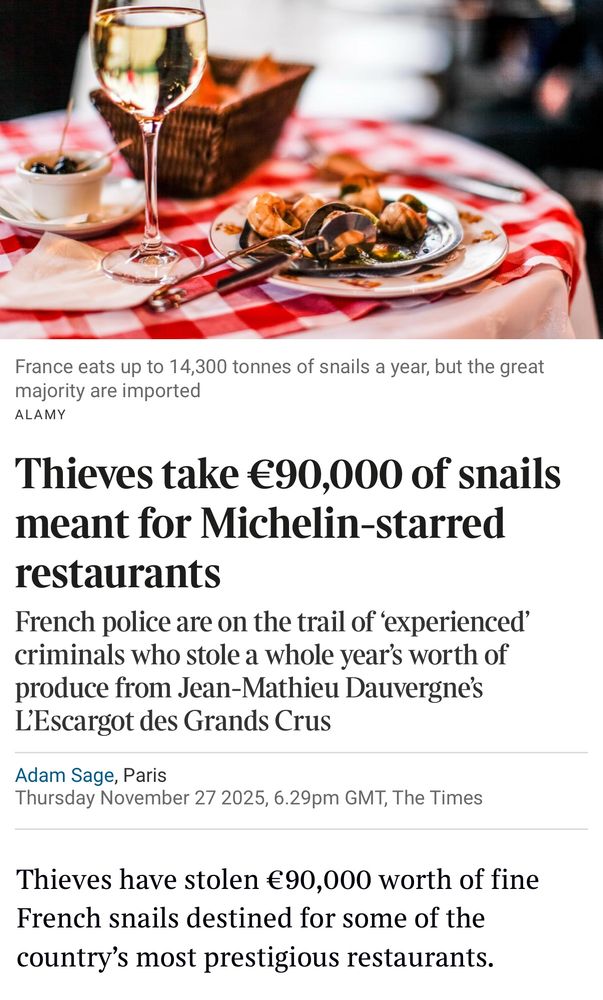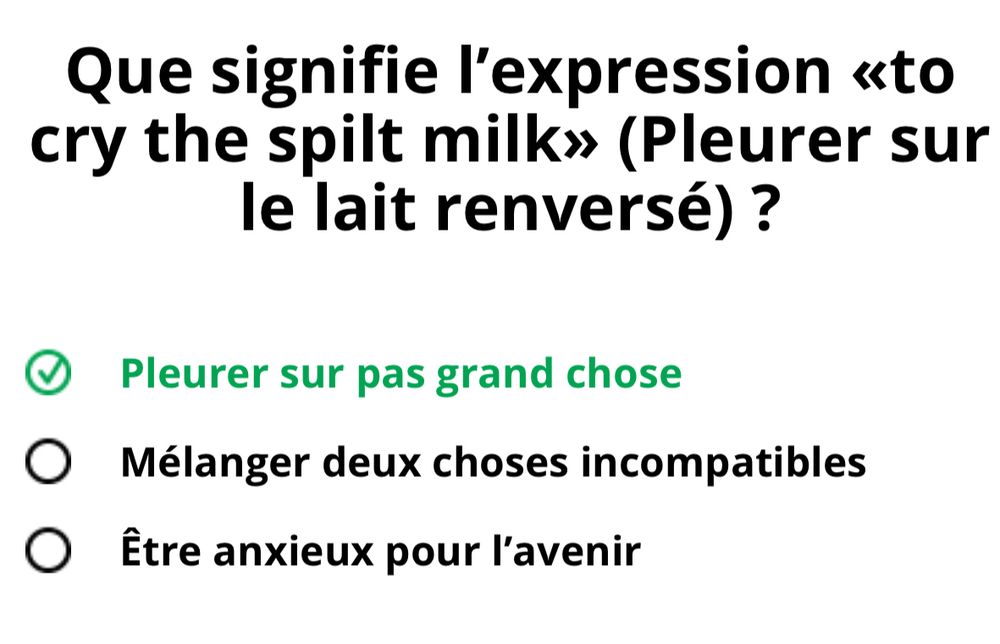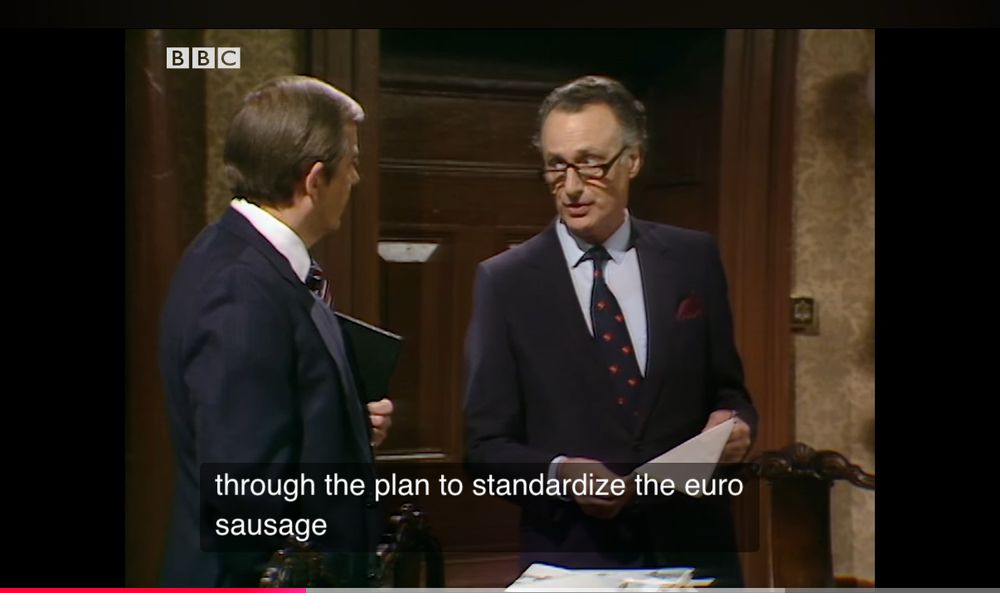
I write about language and … language and law (free speech and regulation); gender (pronouns!); tech (how tech affects readers and writers); language reform; and language policing. All from a historical perspective.
Dennis Baron is a professor of English and linguistics at the University of Illinois at Urbana-Champaign. His research focuses on the technologies of communication; language legislation and linguistic rights; language reform; gender issues in language; language standards and minority languages and dialects; English usage; and the history and present state of the English language. .. more








Can a baker refuse to bake a dictionary cake on religious grounds if they have a deeply-held belief that dictionaries are woke tools of the devil?





















